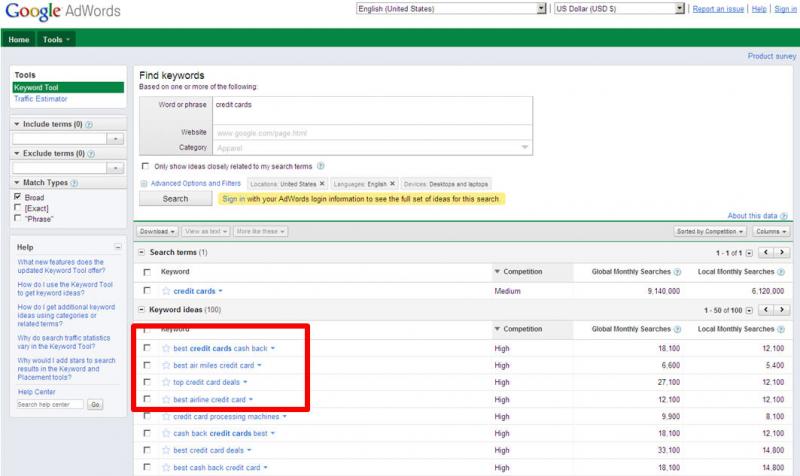SEO Should Be Top Of Mind For Financial Service eBiz Professionals (And Not For The Reason You’d Think)
On Wednesday of last week, I had a chance to sit down with Seth Besmertnik, CEO of Conductor. Conductor is a search engine optimization (SEO) analytics vendor that provides a software solution that analyzes, reports, and recommends changes to a website based on third-party search engine data (e.g., Google).
The conversation was enlightening to me from many different perspectives. Previously, I had assumed that SEO was the realm of interactive marketers as evidenced by reports from my colleagues in the space. As Seth and I spoke, I soon realized I was dead wrong. SEO may be driven by interactive marketers but success in the area is highly reliant upon folks in eBusiness that build websites. Additionally, better websites can be built using insights drawn from SEO analysis. Here’s why:
- Search is first step in the acquisition process for many financial service purchases. 52% of US online consumers who research a financial product online started at a search engine, and that was nearly five years ago. Today, that percentage has surely increased with the increasing number of online researchers. For products like credit card, the percentage of online researchers is more than a third of researchers overall.
- Paid search is getting expensive; organic search is growing as way to achieve similar results. Buying keywords can be expensive and that money can be wasted if the end of the funnel is not optimized for shoppers who search and click on paid search results. Organic search (the kind search engine optimization strives to improve) is free from a search engine perspective. The investments are more on the website itself as well as processes that support the website with the objective of improving the ranking of site pages in organic search results.
- SEO is only as good as the website pages, functions, and content allow it to be. You may ask what this has to with eBusiness professionals. The answer is that organic search results are better the more website pages, functions, and content are aligned with how shoppers search. For example, we know from Google Adwords search data that shoppers looking for a credit card use terms like cash back, air miles, no annual fee, student, and balance transfer. The information architecture, the content, and the functionality of a credit card acquisition website should mirror those terms.

- SEO focused thinking will build better websites (in general). An ancillary benefit of building better SEO results is that not only will organic search improve, but also the website will be more aligned with shopper goals and therefore be more effective. I recently wrote a report around next generation sales sites and the need to think about the multiple dimensions of a shopper. Understanding how shoppers search is a key input into that process.
Let me know how else your firms are using SEO to impact other areas of your business.
Brad